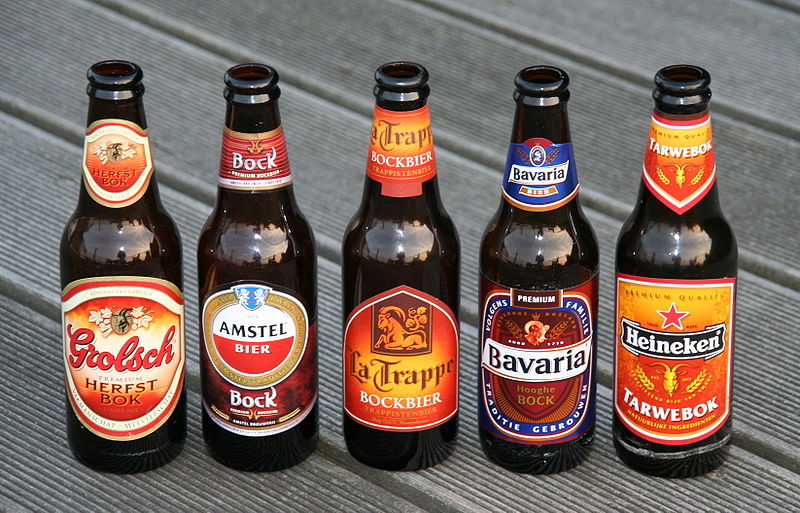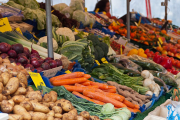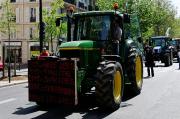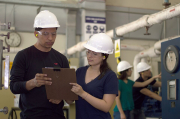
Non-alcoholic beer is becoming increasingly popular in the Netherlands, with a noticeable rise in orders at bars and restaurants. This trend aligns with the growing
emphasis on a healthy lifestyle and improvements in the taste and production of alcohol-free beer, according to a report by the Telegraaf.
Meint Waterlander, director of the Dutch Brewers trade association, noted that one in 14 beers sold in Dutch pubs and supermarkets is now non-alcoholic. He predicts this ratio will increase significantly, aiming for one in 10 by 2030. This expected growth is supported by a subsidy arrangement with the Cabinet to promote non-alcoholic beer sales.
Despite the overall rising demand, there was a 2.1% decline in early 2024, attributed to a nearly 200% increase in excise tax by the government. "Consumers saw the price increase as a consequence, which led to a drop in sales," Waterlander explained. However, he believes this is a temporary setback and remains confident in the continued rise of non-alcoholic beers.
Waterlander pointed out that younger generations prefer non-alcoholic beer for its health benefits, leading to its wider acceptance among youth. The transformation of non-alcoholic beer in recent years, from an unpopular choice to a well-regarded option, has played a significant role. The quality and variety of non-alcoholic beers have greatly improved, with supermarkets now offering a broad range of options, from alcohol-free lagers to specialties like Blonde and Triple.
Jason Warner, CEO of AB InBev Europe, highlighted that the non-alcoholic beer market is experiencing strong growth, with Europe leading the trend. For instance, the Mexican beer Corona Cero has become a global best-seller. "It is the fastest-growing non-alcoholic beer in the world," Warner told the newspaper. AB InBev has made substantial investments to ensure a high-quality product in the market.
The improved taste of non-alcoholic beer is largely due to advanced technologies that remove alcohol from the finished product, rather than halting fermentation before alcohol forms. These innovations have required significant financial investments, with AB InBev spending tens of millions on technology to enhance the taste.
Waterlander emphasized that the taste of non-alcoholic beer is now very close to that of its alcoholic counterpart. However, he does not foresee non-alcoholic sales surpassing those of traditional beers. "Alcohol always has a slightly different effect on people. Sometimes you need that for a fun evening," he said. Photo by Aloxe, Wikimedia commons.








































